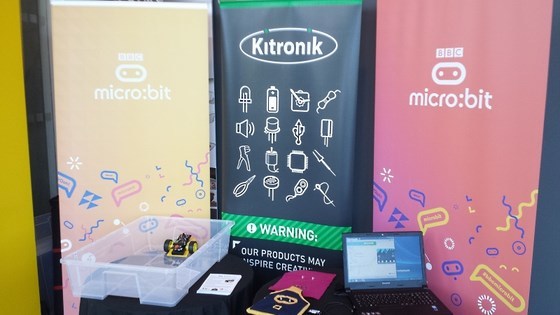Earlier this month the BBC micro:bit was launched at New Broadcasting House and a couple of days later Geoff took it to show teachers at the D&T Association Summer School. The BBC micro:bit, a small hand held computer that will be given to all year 7 students later this term was well received by the teachers, with most wanting to know what it could do and when they could get their hands on one.
The BBC micro:bit and Kitronik:
We are one of a number of partner organisations that are helping to deliver the BBC micro:bit project and are focusing on what can be achieved with the device within D&T. The BBC micro:bit features a 5 x 5 LED matrix for scrolling text and images, a couple of buttons, an accelerometer to detect if the device is tilted or moved, a compass or magnetometer that knows which way the device is pointing relative to north as well as a Bluetooth allowing the device to talk to the internet. It also has an expansion connector which is great to use in Design and Technology.

We got to demonstrate a number of example BBC microbit projects that showed off what could be done with the expansion connector. These included an introductory project that demonstrated how to drive a peripheral, in this case the BBC micro:bit was programmed to use the accelerometer to detect movement and sound a buzzer, if someone tried to steal it. There was a bag that showed how e-textiles could be used with the BBC microbit, so that it could drive LEDs sewn in to the bag. The final example was a little buggy that demonstrated how with a few components and a motor driver IC the BBC micro:bit could be used to drive the buggy around.
The BBC micro:bit Teach Meet:
As well as talking to teachers one to one Geoff was asked to open the teach meet that took place on the Thursday evening. This should have been a quick 5 minute chat and demonstration about the project but with all the interest from teachers in the BBC micro:bit and some really good questions about the project, no one appeared to mind when it somewhat overran. As well as demonstrating the BBC microbit itself the big screen was used to show how a simple program could be entered using the web based block programming and also showed how the more advanced touch develop text based code option worked.
Geoff reflected on the two days at the summer school “In-between the workshops I was constantly busy talking to people about the BBC micro:bit and the resources & tutorials that Kitronik are putting together to support the microbit. It was really good to show teachers what the device could do and see people’s enthusiasm for the project. If I’d had any spare BBC micro:bits, most teachers would have loved to have taken one away. Sadly I had to explain that all D&T department have been allocated one which they will be able to collect from their colleagues in ICT early in October.”
Introduction to Electronics Textiles
The Summer School wasn’t just about the BBC micro:bit though, as always there were numerous workshops to attend. Alison Hardy and Sarah Davies ran an Introduction to Electronic Textiles workshop on the Thursday. The workshop was designed to support teachers with the implementation of electronic textiles (e-textiles) into the KS3 classroom. Twelve teachers from a variety of schools: international, state and private, joined the workshop and took part in a variety of hand-on activities that focused on ‘what’ teachers needed to know and teaching e-textiles and ‘how’ they could go about delivering it.

Teachers commented on how they got to ‘experiment’ with Kitronik Electro-Fashion components and make sew-able coin cell (battery) holders, which Beccy Williams from Morna International College, Ibiza described as her “most ‘shown off’ sample from the two days of the summer school”.
High Tech Textiles
High tech textiles were the order of the day in Julie Boyd’s Friday afternoon session. The session focused on how teachers can make slight changes to current schemes of learning to effortlessly and cheaply integrate smart and modern materials into the curriculum. As well as looking at a range of high street products using smart and modern materials and discussing how to create a classroom handling box, delegates spent much of the afternoon doing lots of hands on practical work. Practical work focused on 3 projects ideas using high tech materials including ones using neoprene, phosphorescent, fluorescent and reflective materials, as well as e-textiles. Each project also used maths as part of the inspiration showing how a tetrahedron shape can be used to inspire a variety of different products. To see the tetrahedron e-textiles light delegates worked on during the session visit the e-textiles page at the website link below.
3D CAD with 3D Printers
With the ever growing popularity of 3D printers Paul Boyd’s half day session focused on using 3D CAD with 3D printers. The session was a beginners guide to the use of basic free software from Autodesk 123D Design. Delegates experimented with iPads creating full 3D CAD models. They also learnt about using the free desktop version of the software for PC and Mac. Delegates found out how easy it is to use the software and get into 3D printing with little or no previous experience. The session was based on Paul’s work as part of the successful DfE/D&T Association 3D Printers into Schools project.

Alison Hardy and Sarah Davies are senior lecturers in design and technology education at Nottingham Trent University.
Paul Boyd is a consultant & advisor training & supporting teachers. You can find out more about the 3D Printers into Schools project and check out the free CAD resources here. For information on courses for D&T teachers run by Paul Boyd, along with free classroom resources, visit www.designhotline.co.uk or email paulboyd@mac.com.
Julie Boyd is an award winning trainer, teacher and author. For information on courses for D&T teachers run by Julie Boyd, along with free classroom resources, including those on e-textiles, visit www.julieboyd.co.uk or email julie@julieboyd.co.uk
The Design and Technology Association focus on giving Design and Technology teachers the tools, knowledge and information they need to become more effective, more experienced and more efficient. Find out more about visit www.data.org.uk.





